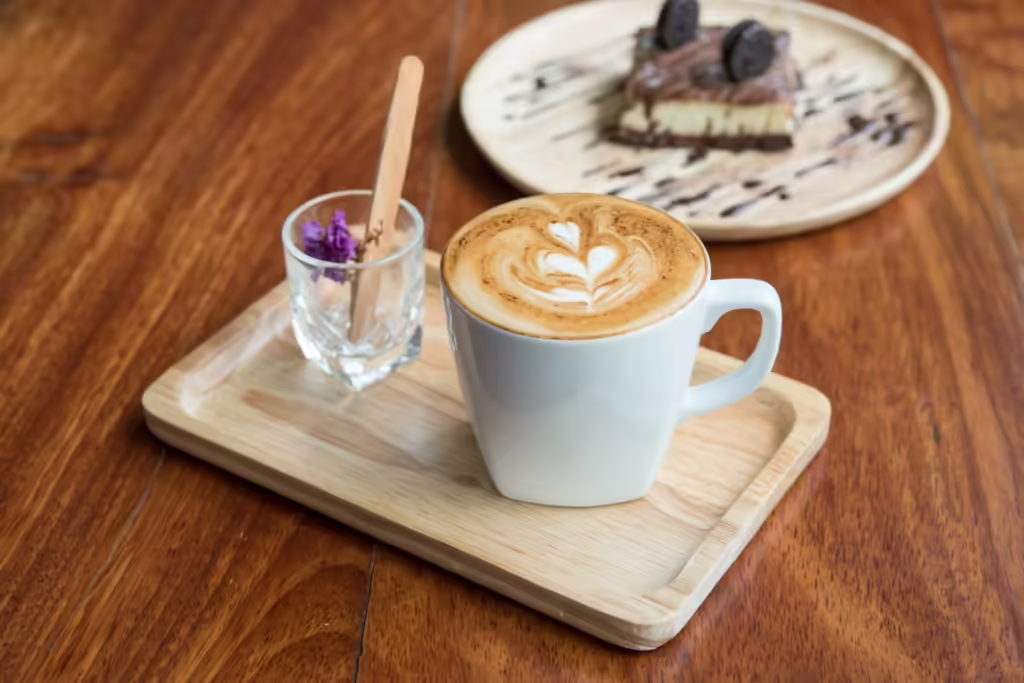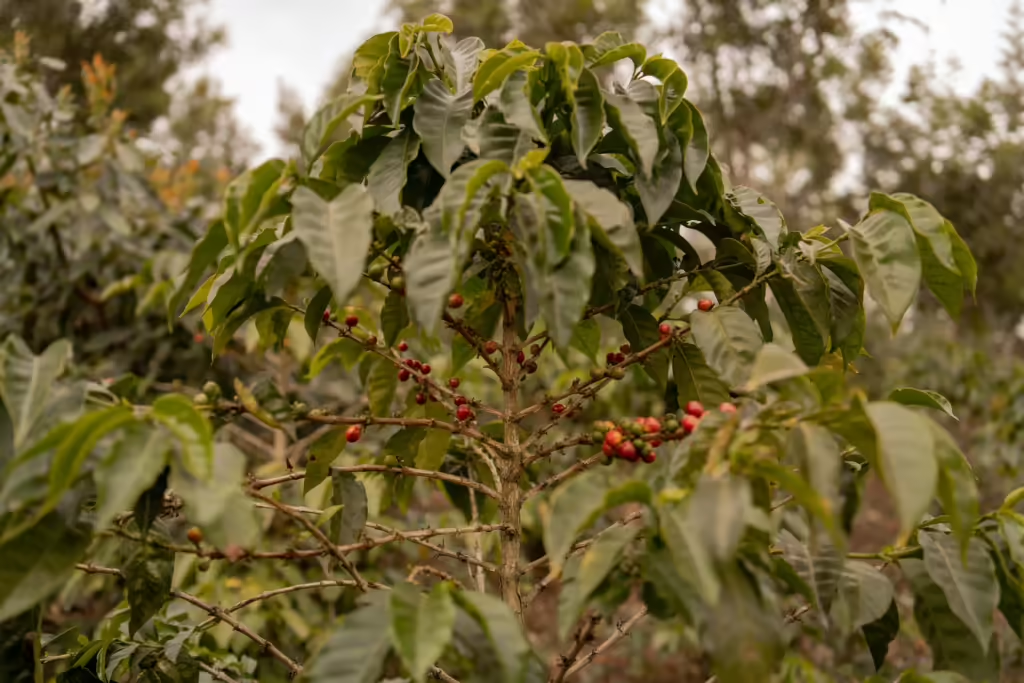
Italy is synonymous with espresso. More than just a drink, it’s an essential part of the country’s cultural fabric, woven into daily life in ways that transcend mere caffeine consumption. To Italians, coffee—especially espresso—is a ritual that symbolizes community, relaxation, and even art. Let’s dive into why espresso is so deeply cherished in Italy and how its preparation and enjoyment have become a way of life.
The Espresso Experience
For Italians, an espresso is not just a quick hit of caffeine; it’s a moment of reflection, often enjoyed standing at the bar of a local café. This small but powerful coffee is served in a small porcelain cup, meant to be sipped in one or two quick gulps. The quality of the coffee and the ritual of drinking it is a matter of national pride.
Espresso in Italy is typically consumed without any fuss. While other countries may embrace flavored lattes or elaborate coffee concoctions, Italians appreciate the simplicity of a well-pulled shot of espresso. It’s a pure, concentrated burst of flavor, with a balance of bitterness and a creamy layer of crema on top.
Timing is Everything
In Italy, coffee consumption follows a strict, unspoken rulebook. Morning coffee often means a cappuccino or latte macchiato, which combines espresso with frothy milk. But after 11 AM, ordering anything other than a straight espresso is considered unusual, even sacrilegious. Milk-based coffee drinks are reserved for the early hours, while espresso reigns supreme throughout the rest of the day.
Italians typically drink multiple espressos a day—one mid-morning, one after lunch, and sometimes even one after dinner. Each espresso serves its own purpose: a morning jolt, a midday pick-me-up, and a satisfying conclusion to a meal.
A Social Tradition
In Italy, going for a coffee isn’t just about the drink itself. It’s a social act, a brief but significant pause in the day. Friends, colleagues, and even strangers gather around the bar at local cafés, exchanging news, discussing work, or simply sharing a moment of companionship.
The café, or bar, is an essential meeting place in Italian towns and cities. Unlike the café culture in other parts of the world, where people might linger for hours with their laptops, Italians prefer to stand at the counter and enjoy their coffee quickly. It’s not uncommon for people to have several short coffee breaks throughout the day, stopping by a local bar for a quick espresso on their way to work or during a shopping trip.
The Art of Espresso Making
In Italy, the process of making espresso is treated with reverence. The equipment is finely tuned, the beans are roasted to perfection, and baristas undergo rigorous training to master the art of pulling the perfect shot.
The key to Italian espresso lies in the crema—that golden layer of foam that forms on top of the espresso shot. It’s an indication of quality, achieved only when the coffee is brewed at the perfect pressure and temperature. The crema adds a creamy texture and a layer of complexity to the flavor.
Many Italian families also have their own coffee rituals at home, often using a moka pot—a stovetop coffee maker that produces a rich, strong brew, though not quite the same as the espresso served in cafés. Still, for many, this home ritual is an essential part of starting the day.
Espresso After Meals
One of the most beloved Italian traditions is ending a meal with an espresso. Whether after a light lunch or a multi-course dinner, coffee is the final touch, a punctuation mark that signals the end of the dining experience. Italians believe espresso aids digestion, and many can’t imagine finishing a meal without it.
Despite its small size, espresso is considered the perfect capstone to a satisfying meal. It’s often served without sugar (though you can add some if you wish), allowing the full flavor of the coffee to shine through. In more formal settings, espresso may even be accompanied by a piece of dark chocolate or a small biscotto.
Why Espresso is a Way of Life
So, why is espresso such a significant part of Italian life? It’s more than just a quick caffeine fix. Espresso, and coffee in general, offers Italians a moment of peace and reflection in an otherwise busy day. It’s a small but significant ritual, a way to connect with friends, take a break, or savor a moment of quiet.
In many ways, espresso represents the Italian approach to life: simplicity, quality, and an appreciation for the finer things. Whether you’re standing at a café counter in Rome or sipping an espresso in a small town, you’re participating in a tradition that has been perfected over centuries.
Conclusion
Espresso in Italy isn’t just a beverage—it’s a cultural icon. From the precise technique required to make it, to the social rituals that surround its consumption, espresso is a way of life in Italy. Whether you’re a coffee connoisseur or just a casual drinker, there’s something uniquely Italian about the simplicity and satisfaction of a perfect espresso.




